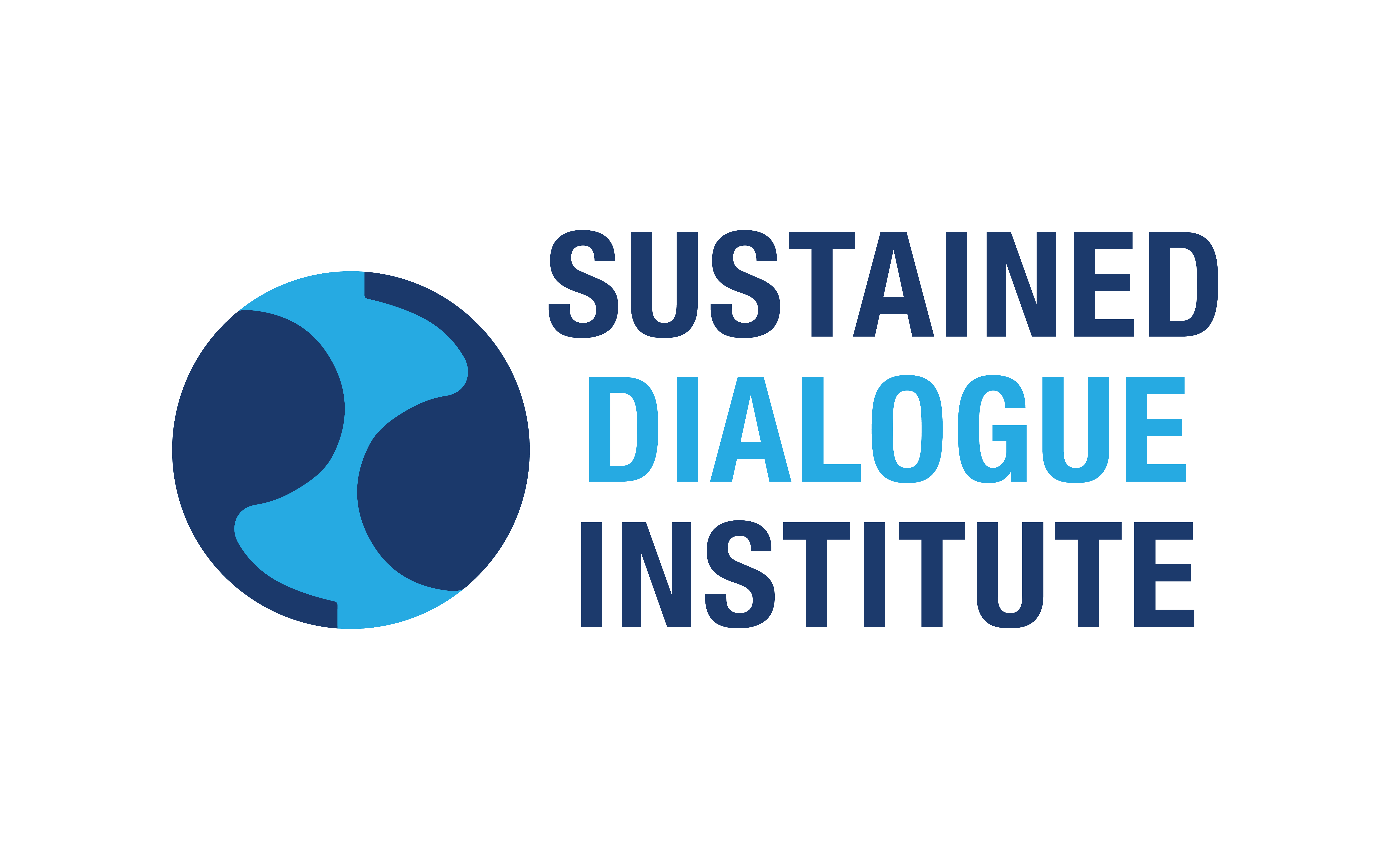The statistically significant results are in!
Over 400 SD participants from 17 different campuses filled out our 2017-2018 Sustained Dialogue program evaluation, and the following findings were statistically significant. After participating in Sustained Dialogue programs on campuses across the United States – ranging from weekly meetings to academic courses to multi-day retreats, respondents:
- Think about themselves in a new way
- Respondents were more likely and/or able to: Examine the strengths and weaknesses of their own views; Talk about their experiences and identities with others; Resolve conflicts involving bias, discrimination, and prejudice; Lead a group of people with different backgrounds.
- Think about other people in a new way:
- Respondents were more likely and/or able to: Think critically about the experiences of others and how they can be improved; Try to better understand someone else’s views; Have conversations across religion and economic background.
- Think about their world in a new way
- Respondents were more likely and/or able to: Raise awareness about local issues; Organize others around local, campus, state, national, and global issues; Explain the persisting college climate towards diversity, issues that arise between students, and why those issues persist; Perceive urgency to improve relations around ability/disability, gender, international students, mental health, and race/ethnicity.
- Respondents were less likely to: Rate their college as welcoming to all students.
Not only that, but:
- 76% are likely or very likely to recommend participating in Sustained Dialogue.
- Nearly half of all respondents are considering changing their major or career path because of SD.
Some highlights from respondents include:
- “In this dialogue I learned that it is possible for people of differing backgrounds and beliefs to come together and have constructive conversations. The news and politics today make it seem like this could never happen, but it definitely can if people are willing to try.”
- “I learned from people who felt differently from how I did, and rather than dismissing them as uninformed or wrong, I was able to listen deeply to really understand where they were coming from and why they felt the way they did.”
- “Sustained Dialogue has helped me become a stronger leader and citizen.”
- “Sustained Dialogue has changed my entire life and prompted me to think critically and carefully in my day to day life about my own biases and beliefs. I have been challenged to listen harder when I disagree, not just in dialogue, but everywhere.”
For more in-depth information, download and enjoy the full executive summary of the 2016-2017 Sustained Dialogue evaluation data!
